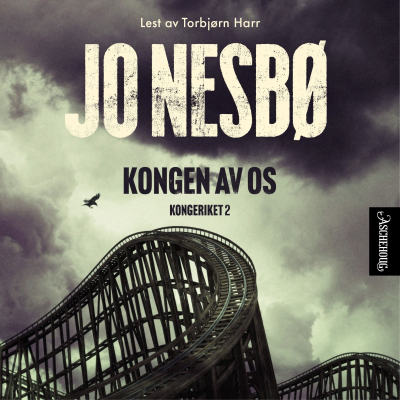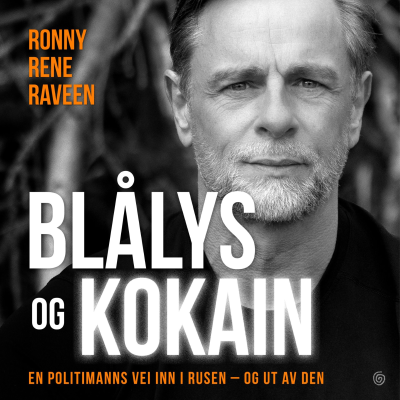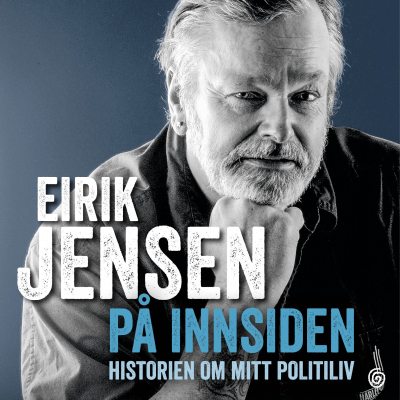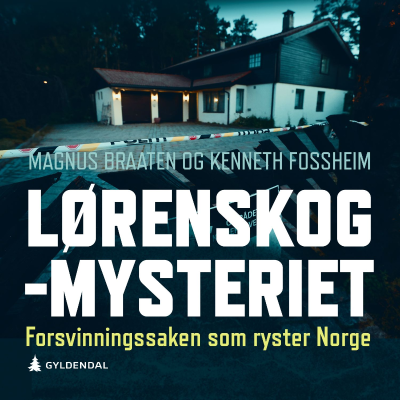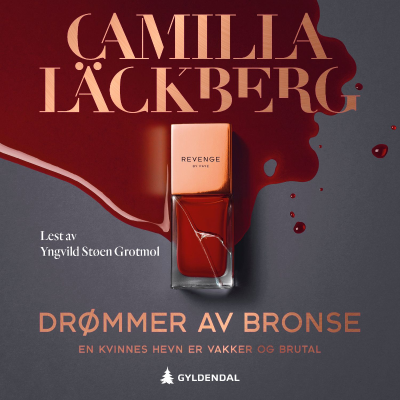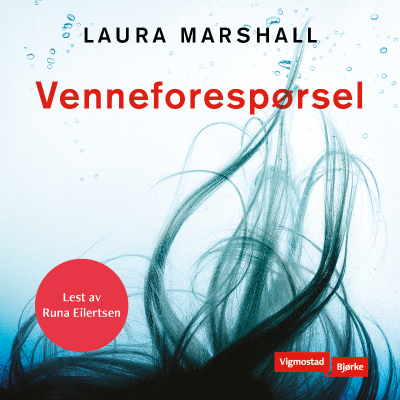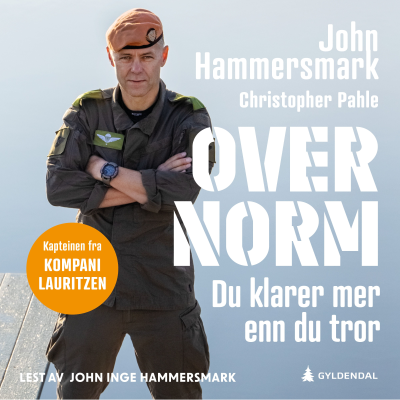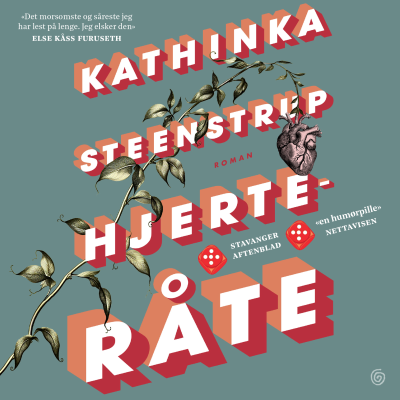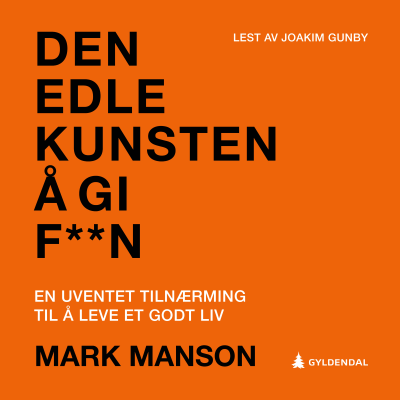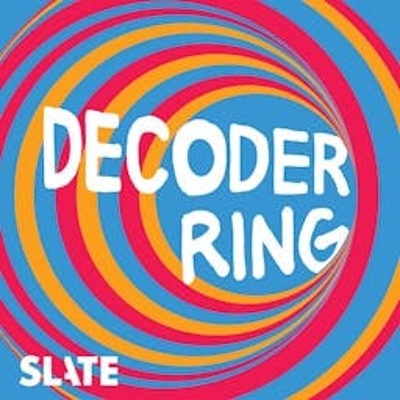
Decoder Ring
engelsk
Dokumentar
Prøv gratis i 14 dager
99 kr / Måned etter prøveperioden.Avslutt når som helst.
- 20 timer lydbøker i måneden
- Eksklusive podkaster
- Gratis podkaster
Les mer Decoder Ring
Decoder Ring is the show about cracking cultural mysteries. In each episode, host Willa Paskin takes a cultural question, object, or habit; examines its history; and tries to figure out what it means and why it matters.Get more of Decoder Ring with Slate Plus! Join for exclusive bonus episodes of Decoder Ring and ad-free listening on all your favorite Slate podcasts. Subscribe from the Decoder Ring show page on Apple Podcasts or Spotify. Or, visit slate.com/decoderplus for access wherever you listen. Hosted on Acast. See acast.com/privacy for more information.
Alle episoder
222 EpisoderDecoder Rings Back | Why the Mona Lisa?
We are really lucky to get lots of listener suggestions for the show, more good questions than we can possibly answer in a mailbag episode once or twice a year. So we’re starting a new segment we call… Decoder Rings Back! Every month, host Willa Paskin will personally call up a listener to answer their question. In this inaugural installment of Decoder Rings Back, Willa calls up listener Dustin Malek about his cultural mystery: Why did the Mona Lisa, of all paintings, become the most famous in the world, bar none? Willa shares the story of daring heist that turned Leonardo da Vinci’s enigmatic smiling subject into a celebrity. Future episodes of Decoder Rings Back will only be available to Slate Plus subscribers. So if you want to be sure not to miss them, sign up for Slate Plus! You’ll get exclusive episodes and ad-free listening not just on our show, but all your favorite Slate podcasts. Subscribe from the Decoder Ring show page on Apple Podcasts [https://podcasts.apple.com/us/podcast/decoder-ring/id1376577202] or Spotify [https://open.spotify.com/show/3vYNA0Ki5sUHnYC9QwQnKl], or visit slate.com/decoderplus [https://slate.com/podcast-plus?utm_medium=link&utm_campaign=plus_pod&utm_content=Decoder_Ring&utm_source=episode_summary] for access wherever you listen. This episode was produced by Max Freedman. Decoder Ring is also produced by Katie Shepherd and Evan Chung, our supervising producer. Merritt Jacob is Senior Technical Director. If you have any cultural mysteries you want us to decode, email us at DecoderRing@slate.com [DecoderRing@slate.com] or leave a message on our hotline at (347) 460-7281. Sources for This Episode Cumming, Laura. “The man who stole the Mona Lisa [https://www.theguardian.com/artanddesign/2011/aug/05/mona-lisa-theft-louvre-leonardo],” The Guardian, August 5, 2011. Hoobler, Dorothy, and Thomas Hoobler. “Stealing Mona Lisa [https://www.vanityfair.com/culture/2009/05/mona-lisa-excerpt200905?printable=true%C2%A4tPage=all],” Vanity Fair, April 16, 2009. Hoobler, Dorothy, and Thomas Hoobler. The Crimes of Paris: A True Story of Murder, Theft, and Detection [https://www.amazon.com/Crimes-Paris-Story-Murder-Detection/dp/0803234325], Bison Books, 2010. Isaacson, Walter. Leonardo da Vinci [https://www.amazon.com/Leonardo-Vinci-Walter-Isaacson/dp/1501139169/], Simon & Schuster, 2018. Roberts, Sam. “Happy Birthday to the Man Who Stole the Mona Lisa and Took It to Italy [https://www.nytimes.com/2022/10/07/arts/design/mona-lisa-vincenzo-peruggia.html],” The New York Times, October 7, 2022. Sassoon, Donald. “Mona Lisa: The Best-Known Girl in the Whole Wide World [https://www.jstor.org/stable/4289718],” History Workshop Journal, Spring 2001. Sassoon, Donald. Mona Lisa: The History of the World’s Most Famous Painting [https://www.amazon.com/Mona-Lisa-History-Painting-Best-Known/dp/0007106157], HarperCollins, 2016. “The Theft That Made The 'Mona Lisa' A Masterpiece [https://www.npr.org/2011/07/30/138800110/the-theft-that-made-the-mona-lisa-a-masterpiece],” NPR, July 30, 2011. Zug, James. “Stolen: How the Mona Lisa Became the World’s Most Famous Painting [https://www.smithsonianmag.com/arts-culture/stolen-how-the-mona-lisa-became-the-worlds-most-famous-painting-16406234/],” Smithsonian Magazine, June 15, 2011. ---------------------------------------- Hosted on Acast. See acast.com/privacy [https://acast.com/privacy] for more information.
A New Year’s Message from Willa
We can’t make this show without you, our listeners. Today, you can help support Decoder Ring – and get a really good deal. To join Slate Plus for just $59/year, visit slate.com/decoderplus [https://slate.com/podcast-plus?utm_medium=link&utm_campaign=plus_pod&utm_content=Decoder_Ring&utm_source=episode_summary] on December 31st and type in the promo code DECODER50 at checkout. Slate Plus members get to listen to episodes of Decoder Ring (and all your favorite Slate podcasts!) with no ads, and get access to exclusive bonus episodes. You can join Slate Plus at any time from the Decoder Ring show page on Apple Podcasts [https://podcasts.apple.com/us/podcast/decoder-ring/id1376577202] or Spotify [https://open.spotify.com/show/3vYNA0Ki5sUHnYC9QwQnKl], but the discount code DECODER50 will only work through the end of 2025. Subscribe today at slate.com/decoderplus [https://slate.com/podcast-plus?utm_medium=link&utm_campaign=plus_pod&utm_content=Decoder_Ring&utm_source=episode_summary]. ---------------------------------------- Hosted on Acast. See acast.com/privacy [https://acast.com/privacy] for more information.
A New Year’s Message from Willa
We can’t make this show without you, our listeners. Today, you can help support Decoder Ring – and get a really good deal. To join Slate Plus for just $59/year, visit slate.com/decoderplus [https://slate.com/podcast-plus?utm_medium=link&utm_campaign=plus_pod&utm_content=Decoder_Ring&utm_source=episode_summary] on December 31st and type in the promo code DECODER50 at checkout. Slate Plus members get to listen to episodes of Decoder Ring (and all your favorite Slate podcasts!) with no ads, and get access to exclusive bonus episodes. You can join Slate Plus at any time from the Decoder Ring show page on Apple Podcasts [https://podcasts.apple.com/us/podcast/decoder-ring/id1376577202] or Spotify [https://open.spotify.com/show/3vYNA0Ki5sUHnYC9QwQnKl], but the discount code DECODER50 will only work through the end of 2025. Subscribe today at slate.com/decoderplus [https://slate.com/podcast-plus?utm_medium=link&utm_campaign=plus_pod&utm_content=Decoder_Ring&utm_source=episode_summary]. Learn more about your ad choices. Visit megaphone.fm/adchoices [https://megaphone.fm/adchoices]
Mailbag: Yo-Yos, Sandboxes, and Encores
Decoder Ring listeners write in with some excellent mysteries, and for our last episode of the year we’re solving three of them. Why do children play in boxes full of sand? Why do rock bands pretend like the show is over when everybody knows they’re coming back for an encore? And what was up with those school assemblies where you’d get to skip class to learn about…yo-yos? The voices you’ll hear in this episode include yo-yo masters ”Dazzling Dave” Schulte [https://dazzlingdave.com/] and Dale Oliver [https://spintastics.com/our-story/], children’s book author Rob Peñas [https://www.leeandlow.com/books/pedros-yo-yos/], Pulitzer Prize-winning design critic Alexandra Lange [https://www.alexandralange.net/], and music journalists Brian Wise [https://brianwise.net/], Michael Walker [https://michaelwalker404649.substack.com/], and Travis Andrews [https://www.washingtonpost.com/people/travis-andrews/]. You can find all the music from the segment about encores in this YouTube playlist [https://youtube.com/playlist?list=PLdq4mquF99epyUGXuzTQGBaZTckB8RZoK&si=KbBM2mOspFHhxuG1]. This episode was produced by Max Freedman, Katie Shepherd, and Evan Chung, Decoder Ring’s supervising producer. Merritt Jacob is Senior Technical Director. We had additional production from Joel Meyer. If you have any cultural mysteries you want us to decode, email us at DecoderRing@slate.com [DecoderRing@slate.com] or leave a message on our hotline at (347) 460-7281. Get more of Decoder Ring with Slate Plus! Join for exclusive bonus episodes of Decoder Ring and ad-free listening on all your favorite Slate podcasts. Subscribe from the Decoder Ring show page on Apple Podcasts [https://podcasts.apple.com/us/podcast/decoder-ring/id1376577202] or Spotify [https://open.spotify.com/show/3vYNA0Ki5sUHnYC9QwQnKl]. Or, visit slate.com/decoderplus [https://slate.com/podcast-plus?utm_medium=link&utm_campaign=plus_pod&utm_content=Decoder_Ring&utm_source=episode_summary] for access wherever you listen. Learn more about your ad choices. Visit megaphone.fm/adchoices [https://megaphone.fm/adchoices]
Mailbag: Yo-Yos, Sandboxes, and Encores
Decoder Ring listeners write in with some excellent mysteries, and for our last episode of the year we’re solving three of them. Why do children play in boxes full of sand? Why do rock bands pretend like the show is over when everybody knows they’re coming back for an encore? And what was up with those school assemblies where you’d get to skip class to learn about…yo-yos? The voices you’ll hear in this episode include yo-yo masters ”Dazzling Dave” Schulte [https://dazzlingdave.com/] and Dale Oliver [https://spintastics.com/our-story/], children’s book author Rob Peñas [https://www.leeandlow.com/books/pedros-yo-yos/], Pulitzer Prize-winning design critic Alexandra Lange [https://www.alexandralange.net/], and music journalists Brian Wise [https://brianwise.net/], Michael Walker [https://michaelwalker404649.substack.com/], and Travis Andrews [https://www.washingtonpost.com/people/travis-andrews/]. You can find all the music from the segment about encores in this YouTube playlist [https://youtube.com/playlist?list=PLdq4mquF99epyUGXuzTQGBaZTckB8RZoK&si=KbBM2mOspFHhxuG1]. This episode was produced by Max Freedman, Katie Shepherd, and Evan Chung, Decoder Ring’s supervising producer. Merritt Jacob is Senior Technical Director. We had additional production from Joel Meyer. If you have any cultural mysteries you want us to decode, email us at DecoderRing@slate.com [DecoderRing@slate.com] or leave a message on our hotline at (347) 460-7281. Get more of Decoder Ring with Slate Plus! Join for exclusive bonus episodes of Decoder Ring and ad-free listening on all your favorite Slate podcasts. Subscribe from the Decoder Ring show page on Apple Podcasts [https://podcasts.apple.com/us/podcast/decoder-ring/id1376577202] or Spotify [https://open.spotify.com/show/3vYNA0Ki5sUHnYC9QwQnKl]. Or, visit slate.com/decoderplus [https://slate.com/podcast-plus?utm_medium=link&utm_campaign=plus_pod&utm_content=Decoder_Ring&utm_source=episode_summary] for access wherever you listen. ---------------------------------------- Hosted on Acast. See acast.com/privacy [https://acast.com/privacy] for more information.
Velg abonnementet ditt
Premium
20 timer lydbøker
Eksklusive podkaster
Gratis podkaster
Avslutt når som helst
Prøv gratis i 14 dager
Deretter 99 kr / måned
Premium Plus
100 timer lydbøker
Eksklusive podkaster
Gratis podkaster
Avslutt når som helst
Prøv gratis i 14 dager
Deretter 169 kr / måned
Prøv gratis i 14 dager. 99 kr / Måned etter prøveperioden. Avslutt når som helst.
















